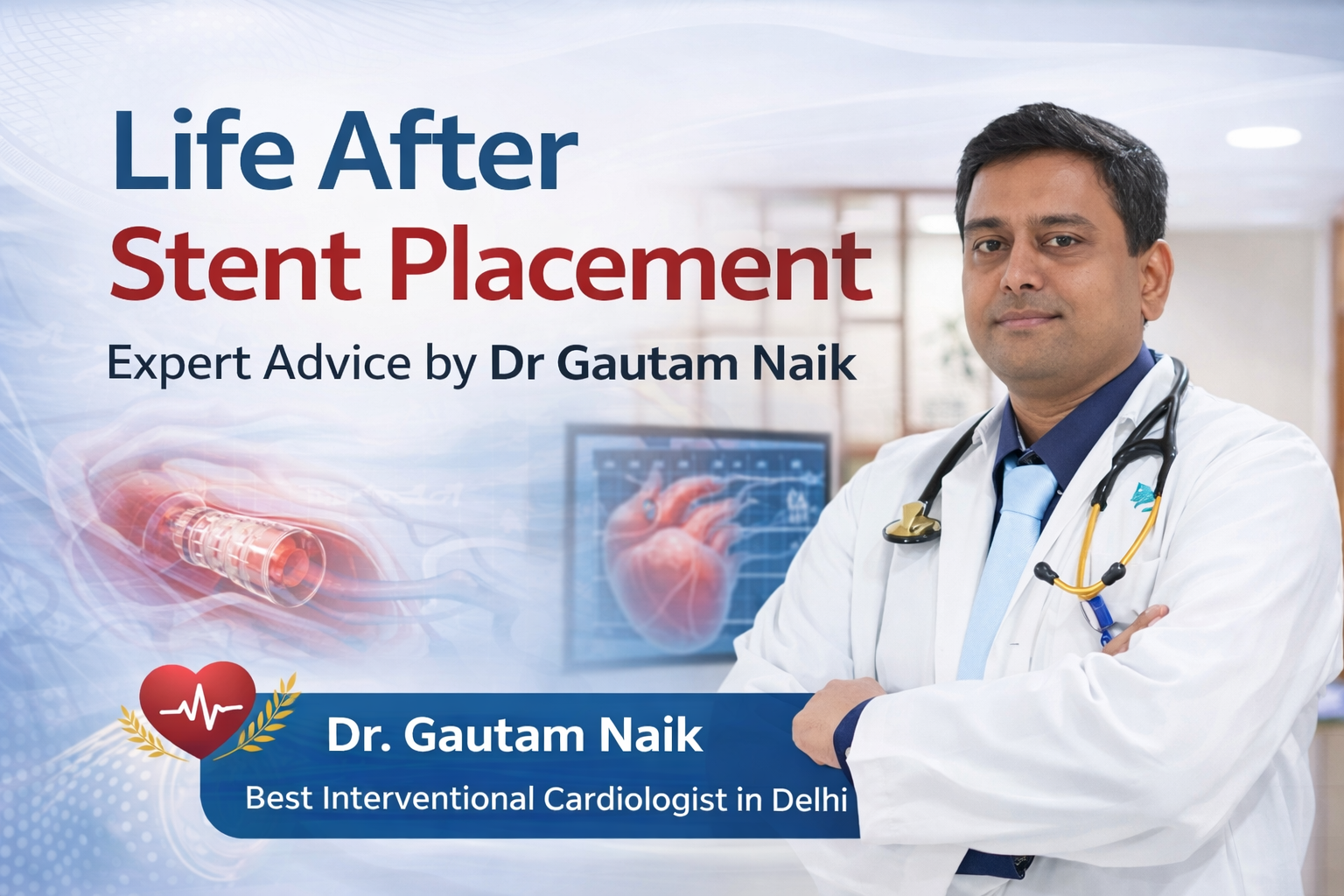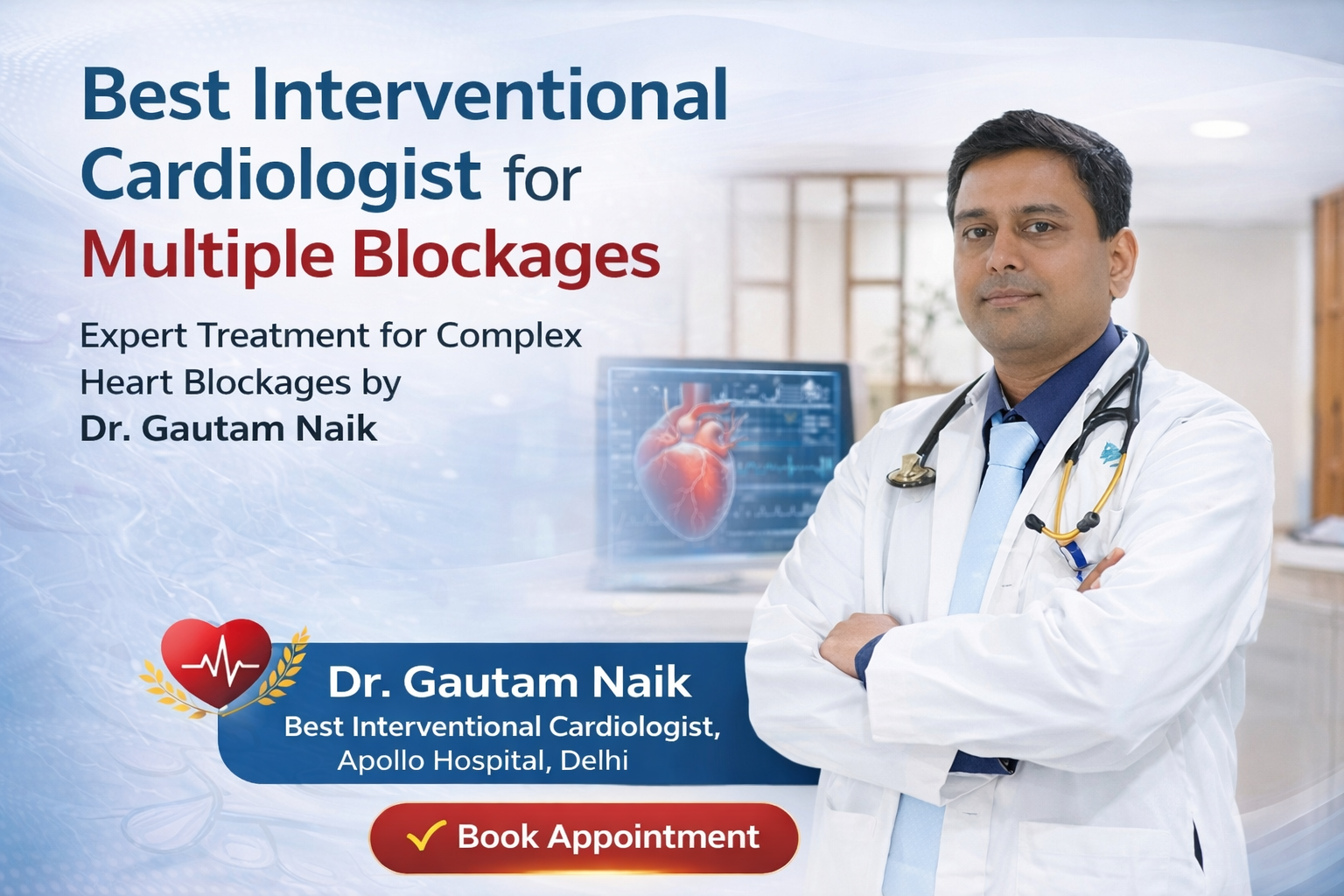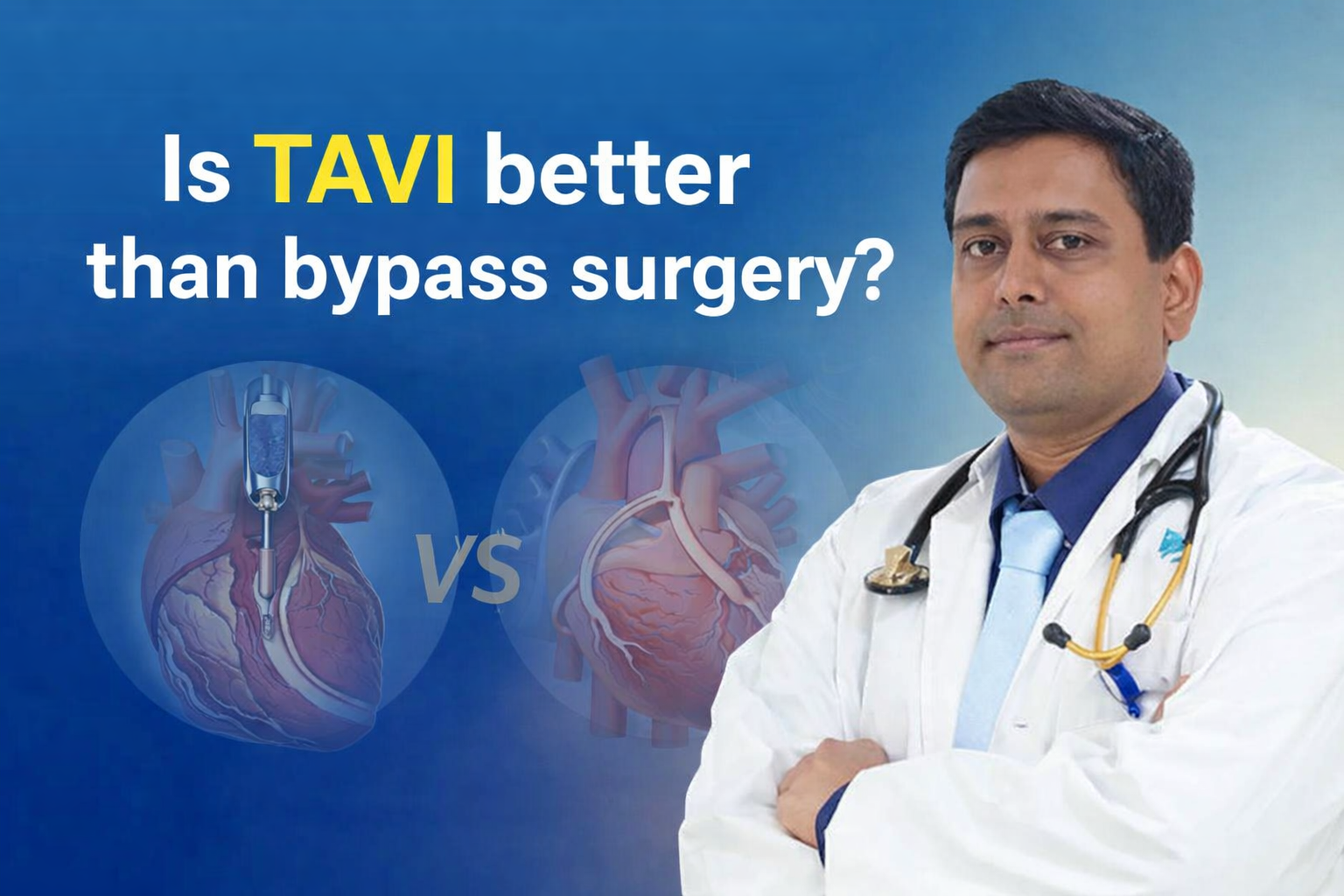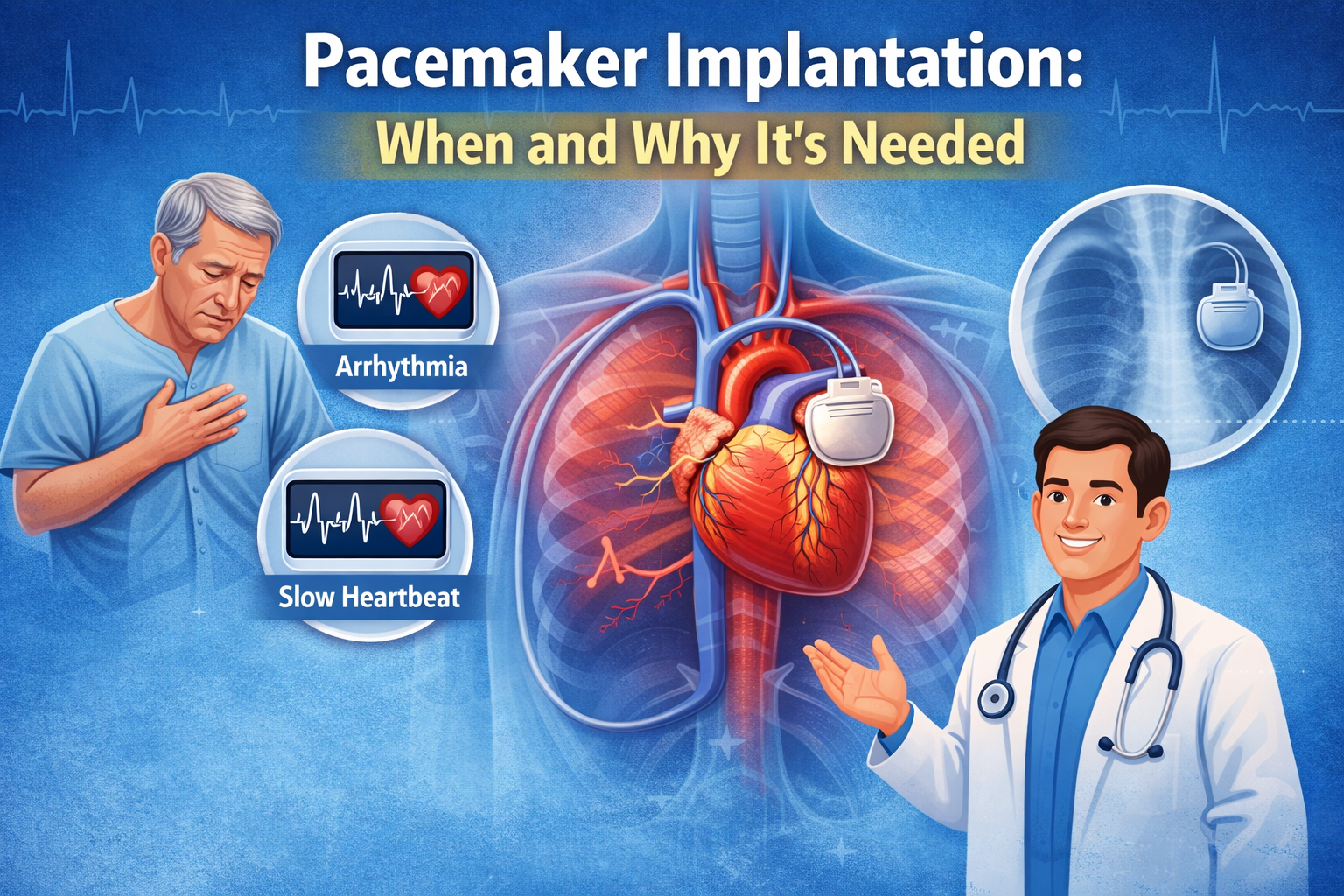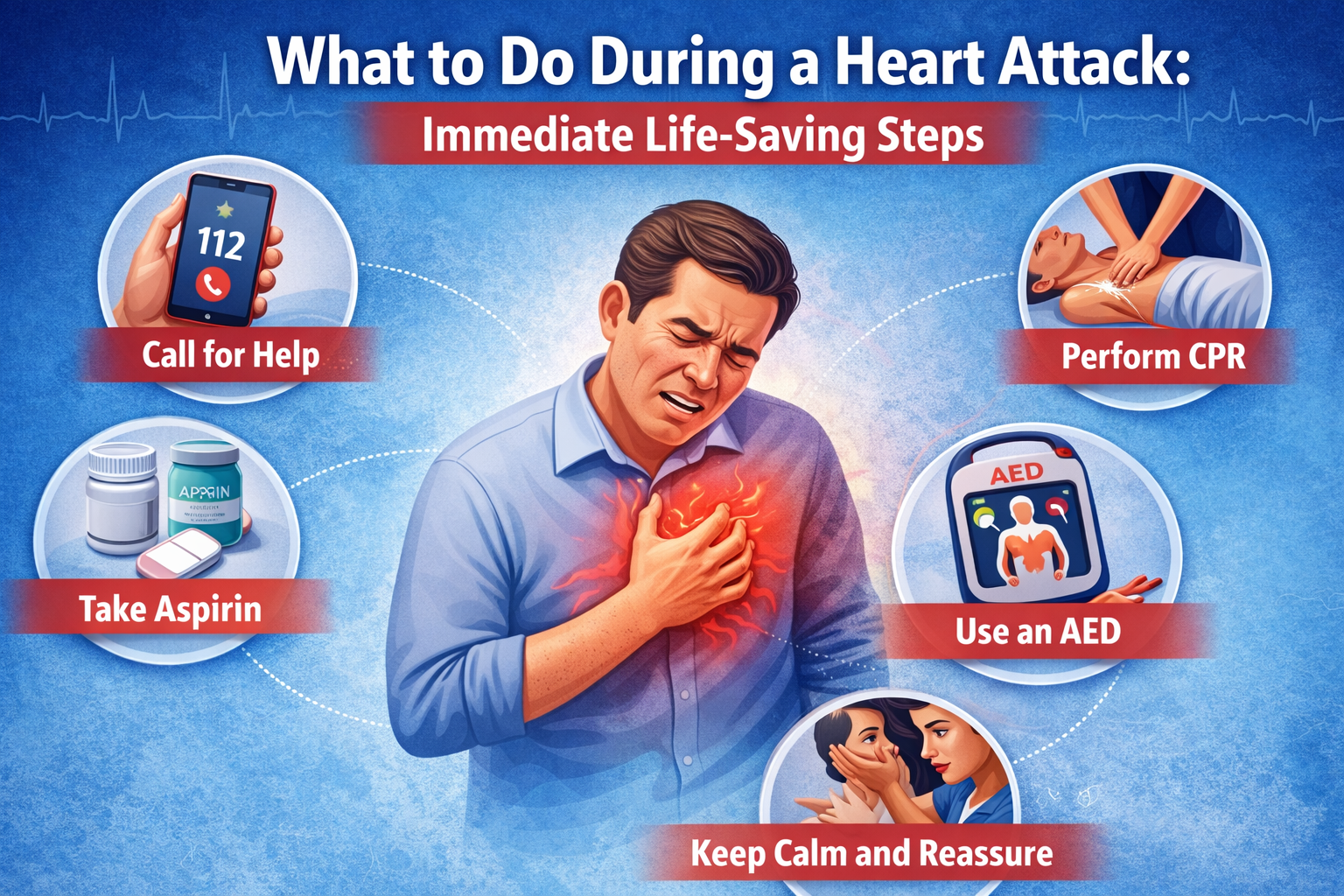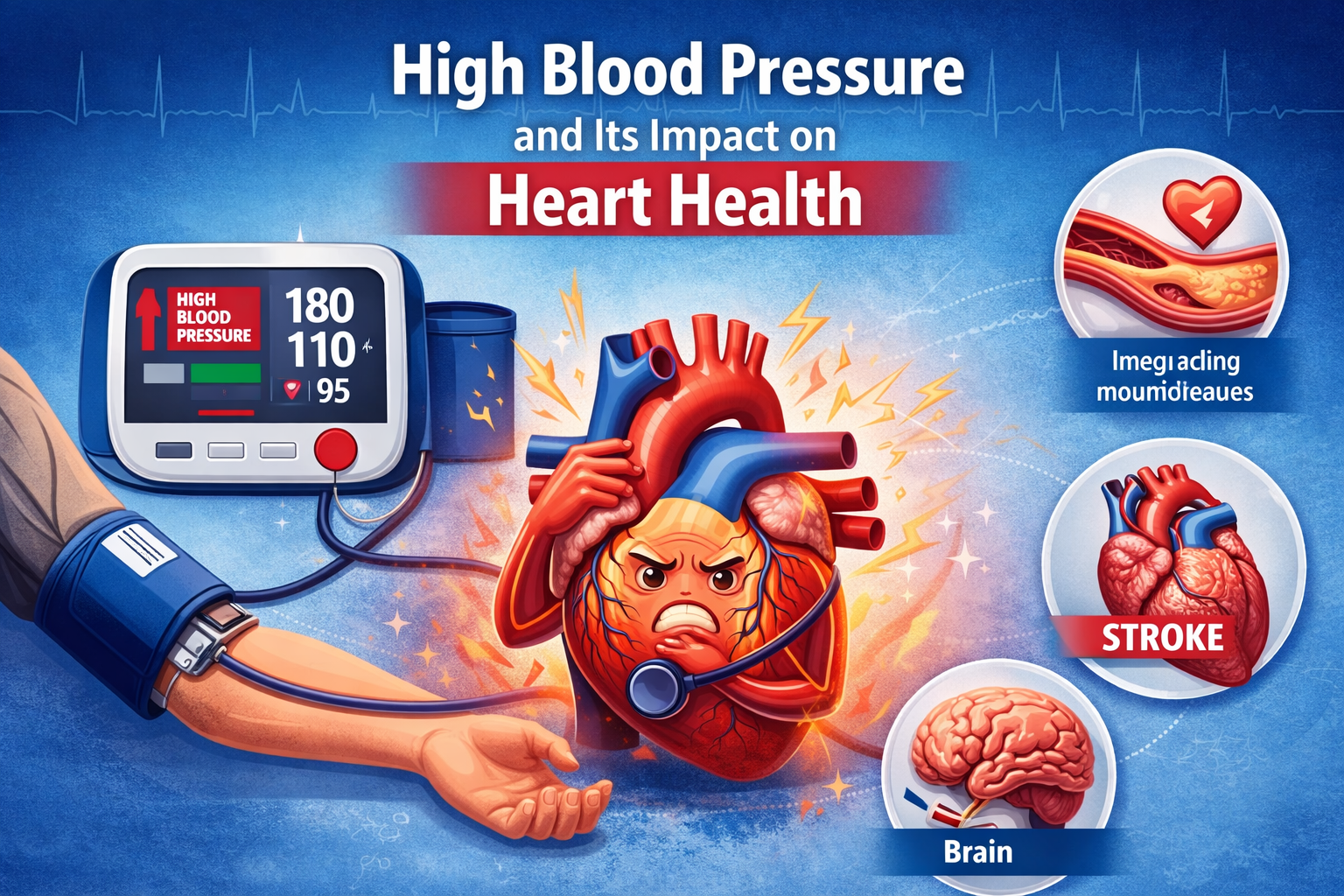
Heart valve disorders affect millions globally and, if left untreated, can lead to heart failure or even death. Traditionally, treatment required open-heart surgery, but with advancements in interventional cardiology, many valve problems can now be treated through minimally invasive procedures.
In this blog, we’ll explore how interventional cardiology offers safer, faster, and more effective solutions for heart valve diseases, and when patients should seek this specialty care.
Your heart has four valves: aortic, mitral, tricuspid, and pulmonary. These valves ensure blood flows in the correct direction. A valve disorder occurs when a valve:
Interventional cardiology uses catheter-based, non-surgical techniques to diagnose and treat heart diseases. These procedures are done in a cath lab, allowing cardiologists to access the heart through small incisions—usually in the wrist or groin—without opening the chest.
For heart valve disorders, interventional cardiology offers groundbreaking alternatives to traditional surgery.
A revolutionary procedure for aortic stenosis, especially in elderly or high-risk patients.
Used to treat mitral regurgitation when the valve doesn’t close properly.
Used for stenotic valves, especially in younger patients or during pregnancy.
Used in patients with congenital heart defects affecting the pulmonary valve.
Still under research, but shows promise in treating tricuspid regurgitation in a minimally invasive way.
Interventional cardiology is ideal for:
A thorough echocardiogram, CT scan, and cardiac evaluation will determine eligibility.
Valve disease treatment requires precision, experience, and access to advanced technology. That’s why consulting a skilled interventional cardiologist is crucial.
When it comes to heart valve interventions in India, Dr. Gautam Naik is a name you can trust. As a leading interventional cardiologist in India based at Apollo Hospital, Faridabad, Dr. Naik has successfully performed numerous TAVR, MitraClip, and balloon valvuloplasty procedures with outstanding outcomes.
Interventional cardiology has transformed the treatment of heart valve disorders. With procedures like TAVR and MitraClip, patients now have safer alternatives to traditional surgery—offering faster recovery and improved quality of life.
If you or your loved one is diagnosed with a valve disorder, don’t wait. Consult a leading interventional cardiologist like Dr. Gautam Naik, and explore minimally invasive options that could save your life.
